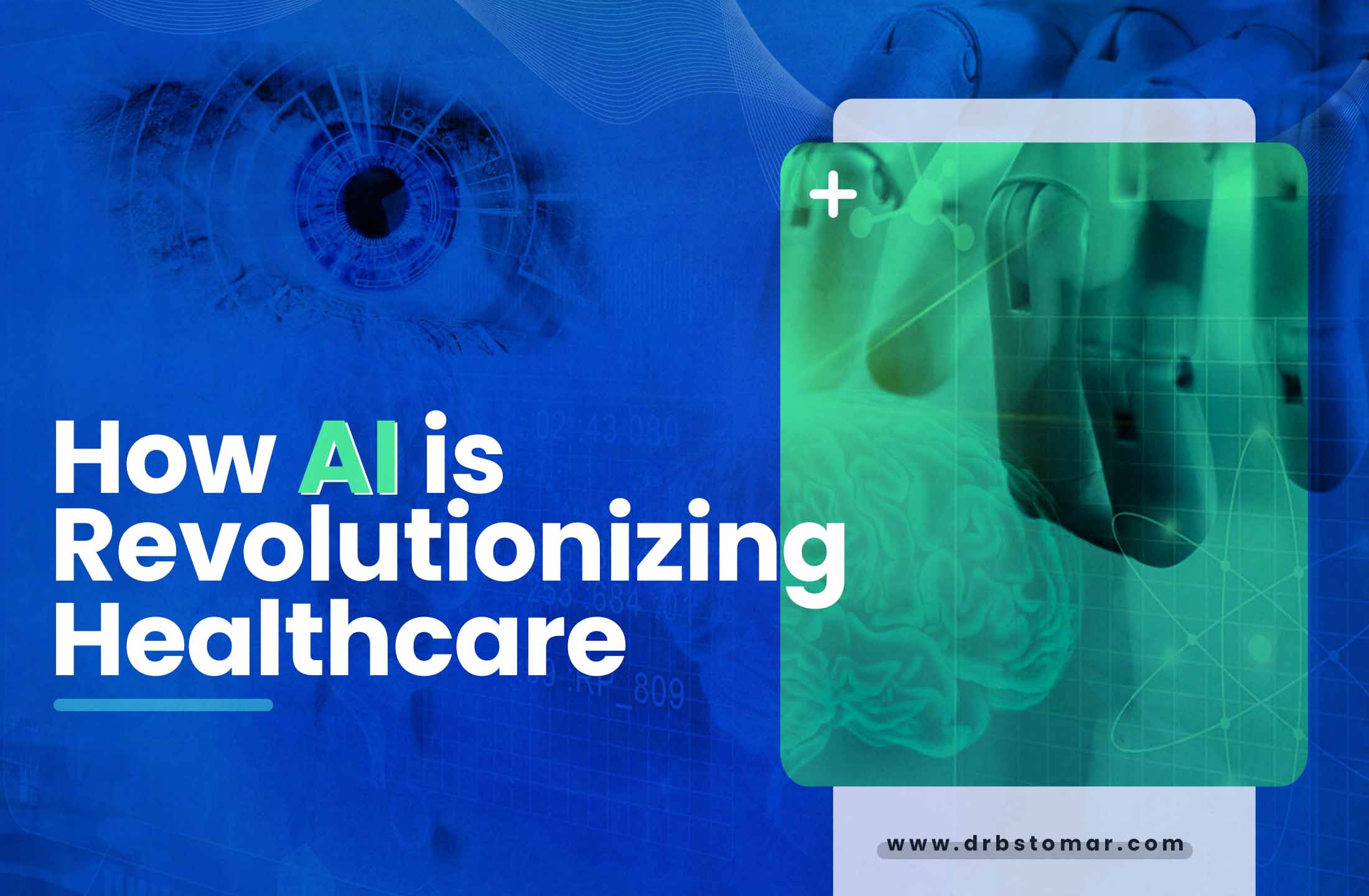How AI is Revolutionizing Healthcare: Transforming Diagnostics, Treatment, and Administration
Artificial intelligence (AI) is revolutionizing the healthcare sector in a variety of ways. From improving diagnostic accuracy to reducing costs and streamlining administrative tasks, AI is transforming the way healthcare is delivered.
One of the most significant ways AI is impacting healthcare is through the development of diagnostic tools. Machine learning algorithms can analyze medical images, such as CT scans and X-rays, with a level of accuracy that rivals that of human radiologists. This not only improves the accuracy of diagnoses but also allows for earlier detection of diseases, leading to better outcomes for patients.
Another area where AI is making a significant impact is in the field of precision medicine. By analyzing vast amounts of patient data, AI algorithms can identify patterns and predict which treatments will be most effective for individual patients. This personalized approach to medicine is expected to lead to more effective treatments and better outcomes for patients.
In addition to its diagnostic and treatment applications, AI is also being used to streamline administrative tasks in healthcare. Machine learning algorithms can assist with tasks such as scheduling appointments, managing electronic health records, and even coding medical billing. This allows healthcare providers to focus on providing care to patients, rather than on administrative tasks. AI is also helping to reduce costs in the healthcare sector. By automating many tasks, healthcare organizations can save money on labor costs.
Additionally, the improved diagnostic accuracy and personalized treatment approach offered by AI can lead to more efficient use of resources, ultimately resulting in lower costs for patients. Despite the many benefits of AI in healthcare, there are also concerns about its potential negative impact. There is a risk that the technology may perpetuate existing biases and disparities in healthcare, and there are also concerns about the potential loss of jobs as tasks are automated. Overall, AI is revolutionizing the healthcare sector in a variety of ways, from improving diagnostic accuracy to reducing costs and streamlining administrative tasks. While there are concerns about its potential negative impact, the technology has the potential to significantly improve the quality and efficiency of healthcare for patients.

